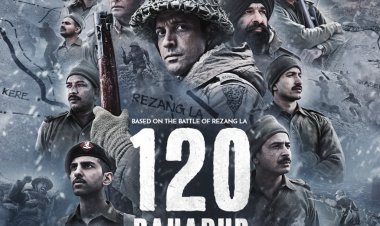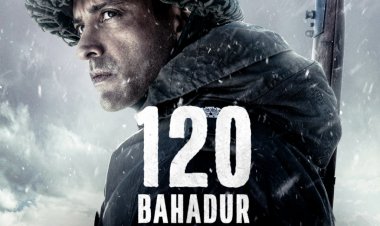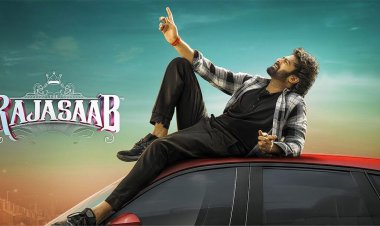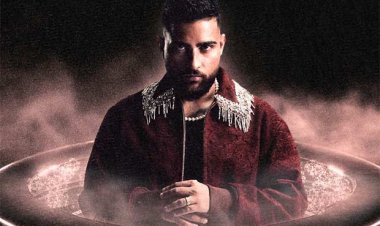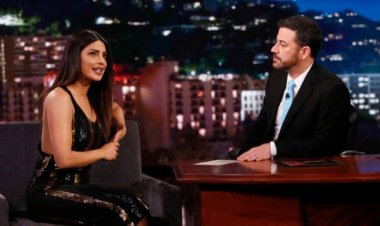After 30 Years, Why Do We Still Fall in Love With DDLJ’s Shah Rukh Khan?
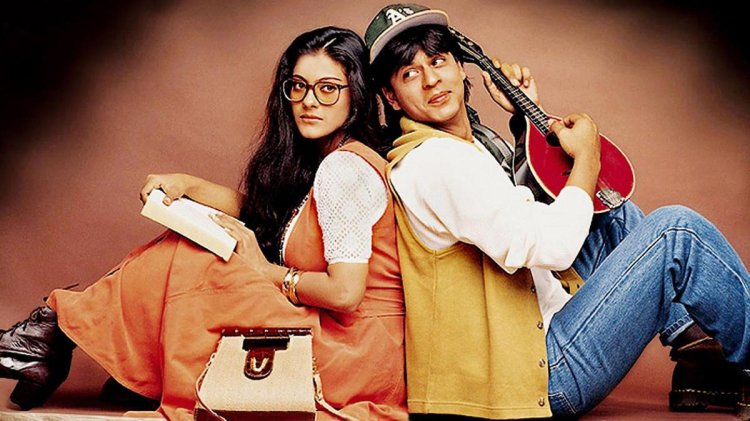
For those of us who grew up watching Shah Rukh Khan with his arms wide open in Dilwale Dulhania Le Jayenge (DDLJ), love has never quite been the same. Even after thirty years, the film continues to evoke a powerful nostalgia and SRK's iconic portrayal of Raj Malhotra remains a cultural touchstone for romance in Indian cinema. Released in 1995, DDLJ wasn’t just a story about love; it was a story about hope, freedom, and aspiration in a newly liberalised India.
The film arrived at a pivotal moment in India's socio-economic landscape. Just four years after liberalisation in 1991, the Indian middle class was awakening to new dreams of travel, of choice, of freedom within tradition. DDLJ captured all this in a Eurail-powered love story across London and Switzerland. Simran (Kajol), raised by a conservative father longing for his homeland, and Raj, the cheeky, liberal son of an indulgent father, embodied the tug-of-war between old values and new-world charm. Their romance wasn’t rebellious it was respectful. Raj promised to win Simran only with her father’s blessings, and in doing so, Shah Rukh Khan became the face of the "gentle lover" archetype.
Unlike the brooding ‘angry young men’ of the 1970s and 80s, Shah Rukh brought vulnerability, playfulness, and emotional intelligence to the screen. He wasn’t afraid to cry, to woo, to plead, or to wait. He made young men believe it was okay to love openly, and he made young women believe they were worthy of being pursued with respect and persistence. In a cinematic era now filled with morally grey or hyper-masculine heroes, Raj remains a comforting throwback to the man who loved with patience and pride.
Watching DDLJ today feels like stepping into a simpler, more heartfelt world. Whether it’s the mustard fields of Punjab or the train that doesn’t leave without Simran, every moment feels like a cinematic lullaby of love. The dialogue“Palat”, “Bade bade deshon mein…”, or “Senorita” still draws smiles and sighs.
For many fans, Shah Rukh Khan wasn’t just Raj. He was the embodiment of romance itself. For one writer, the love affair with SRK began somewhere between “Palat” and “Bade bade deshon mein,” and it hasn’t stopped since. Every dimpled smile, every heartfelt monologue, every raised eyebrow brings a familiar flutter, even three decades later.
Thirty years on, we still fall in love with Shah Rukh Khan in DDLJ not because of nostalgia alone, but because he reminds us that love, at its best, is about effort, joy, and belief. And in a world growing ever more complicated, that kind of love like Raj himself remains timeless.








